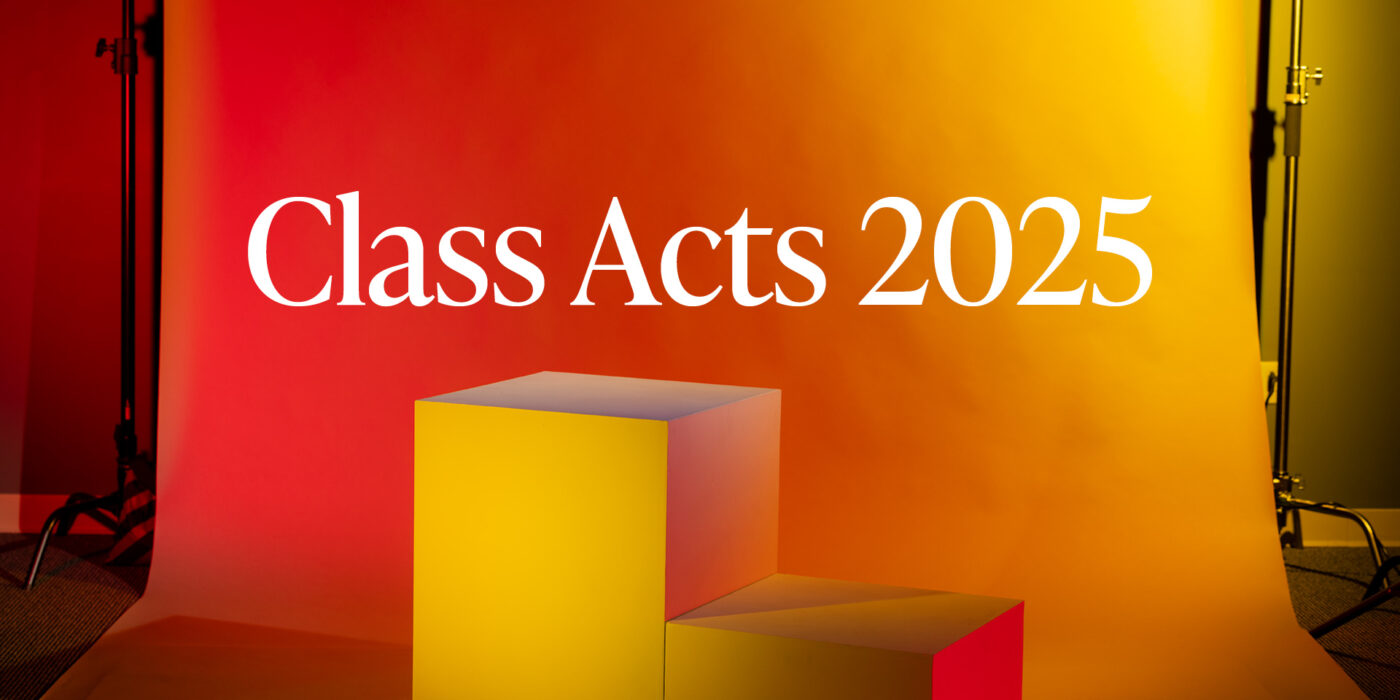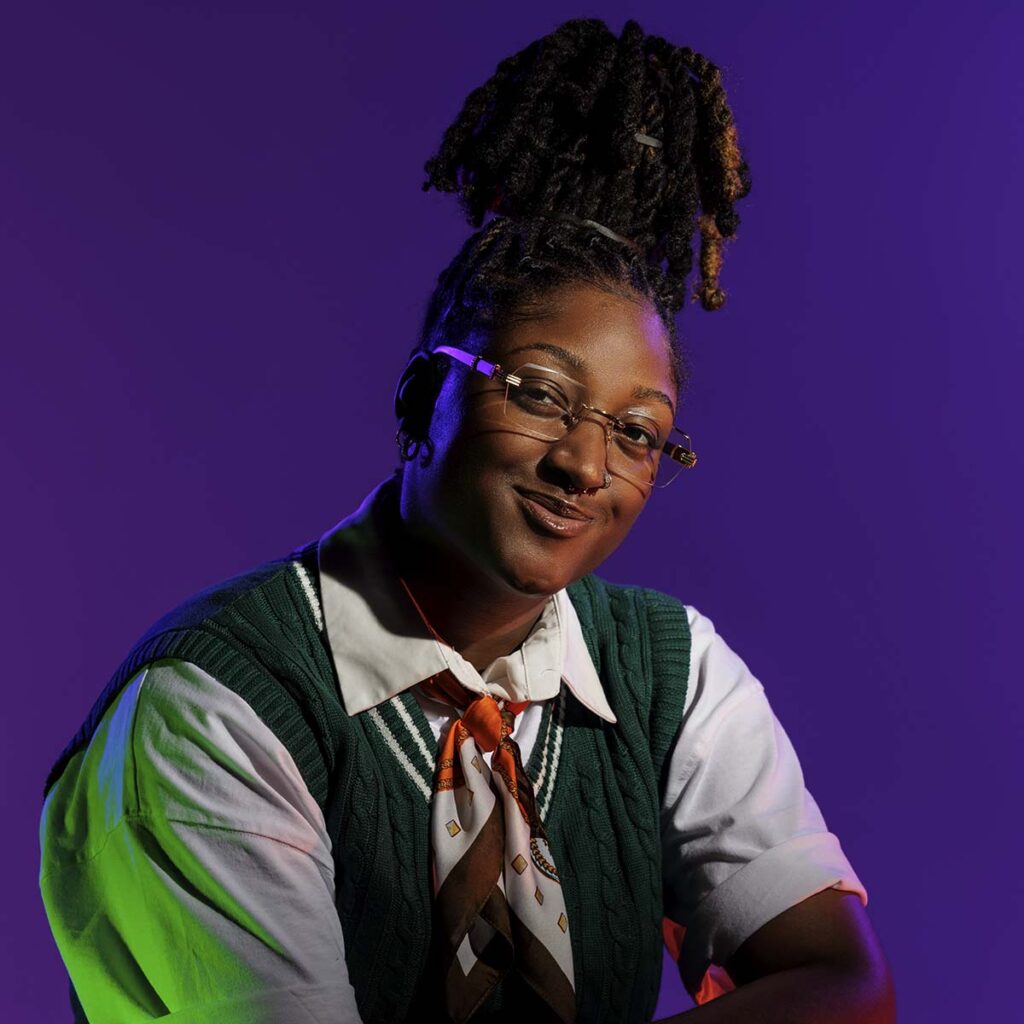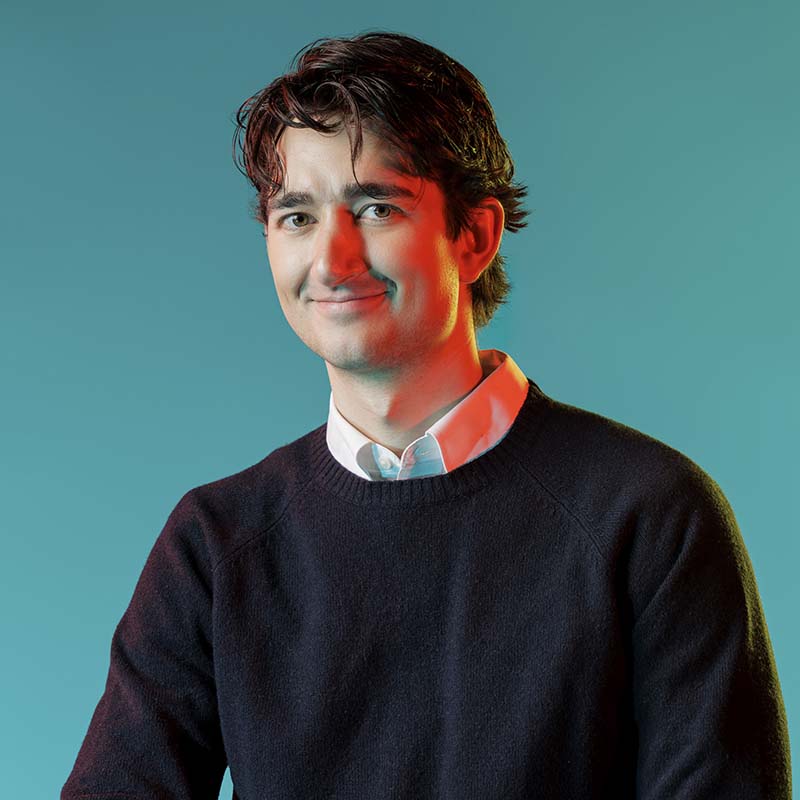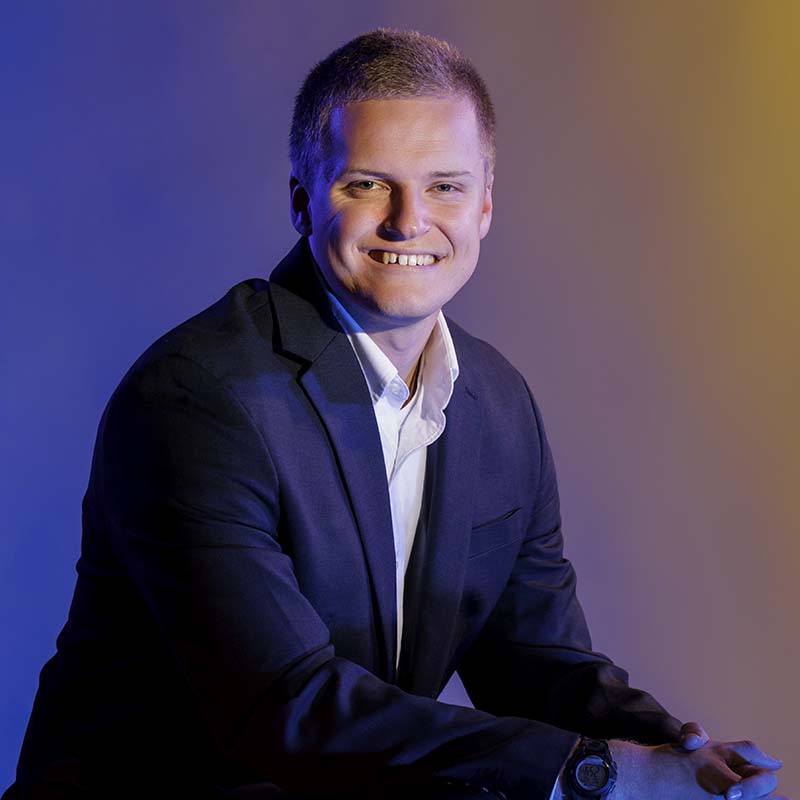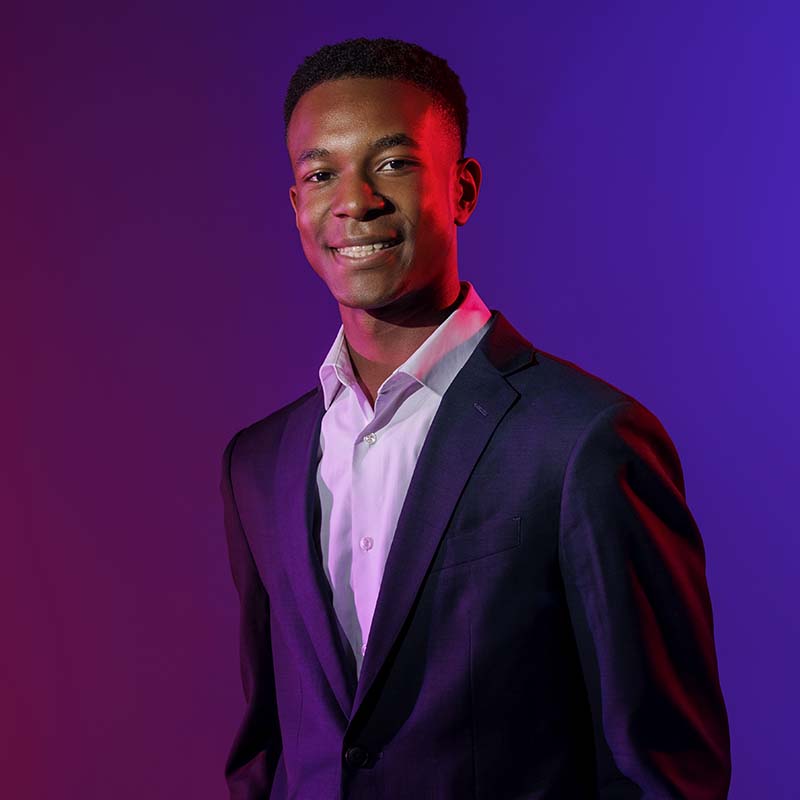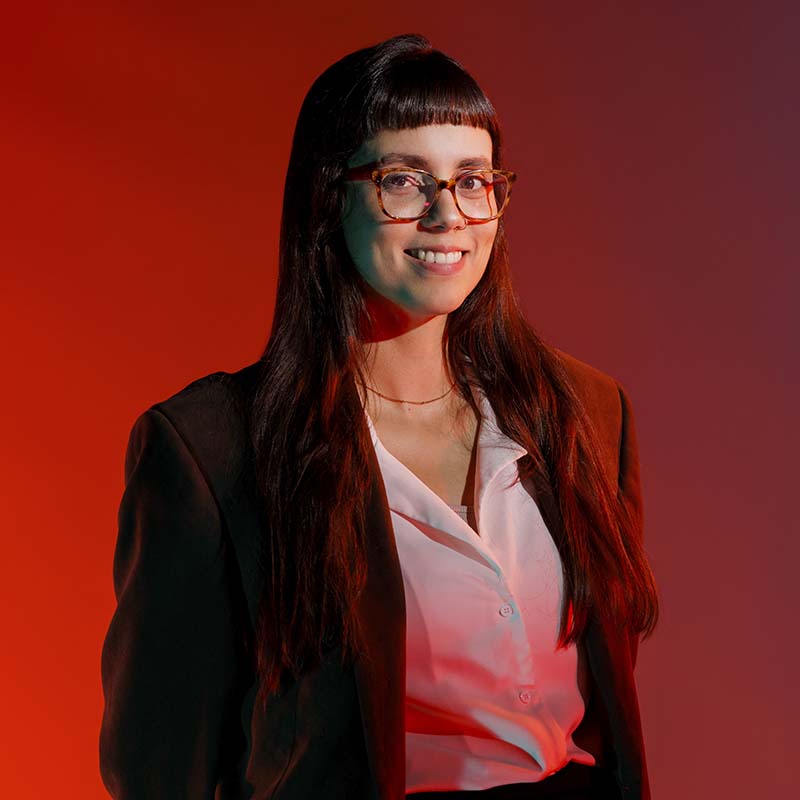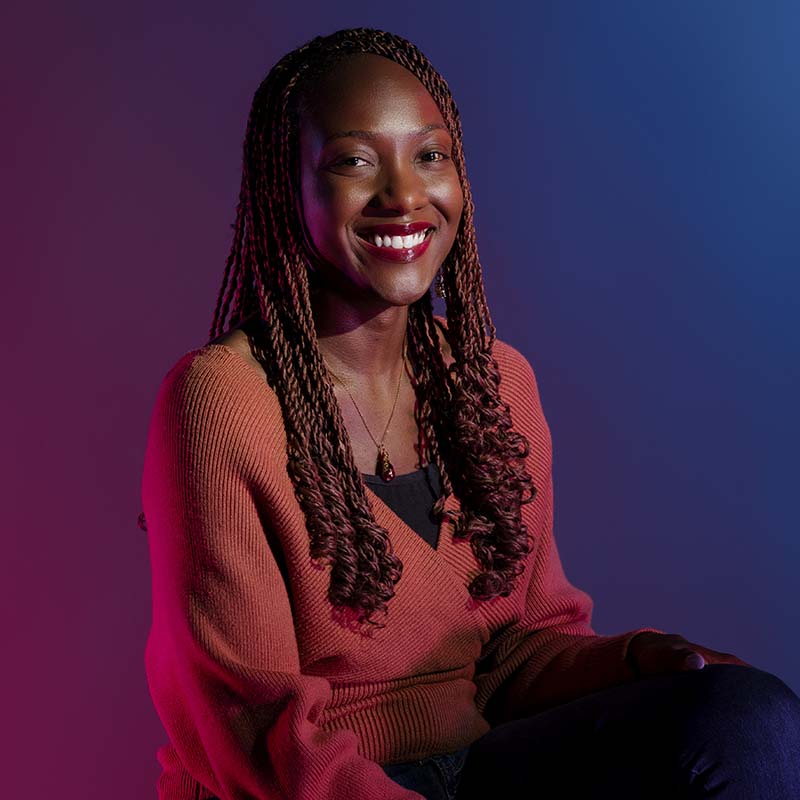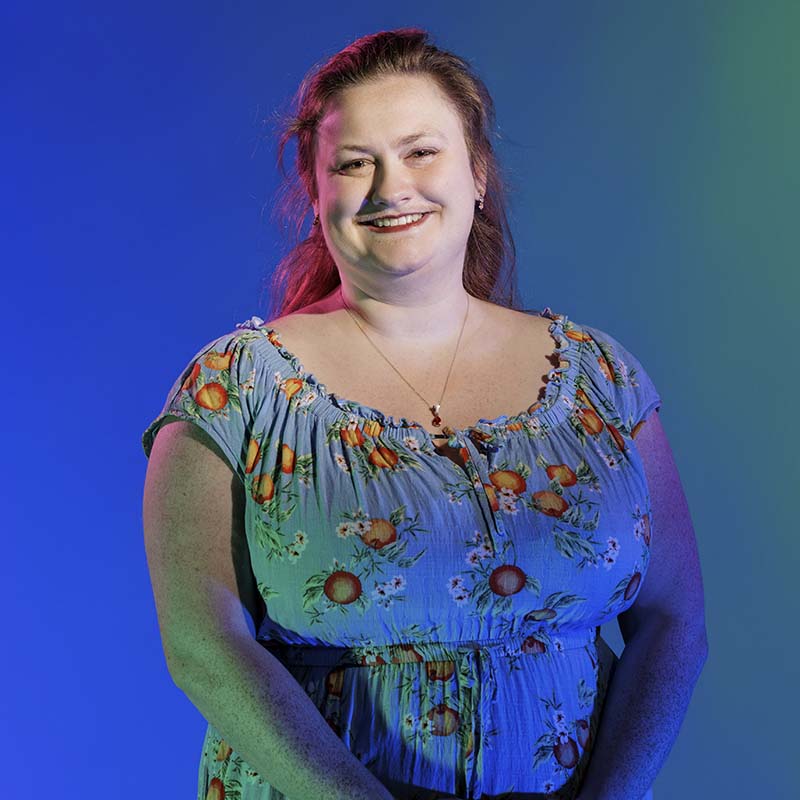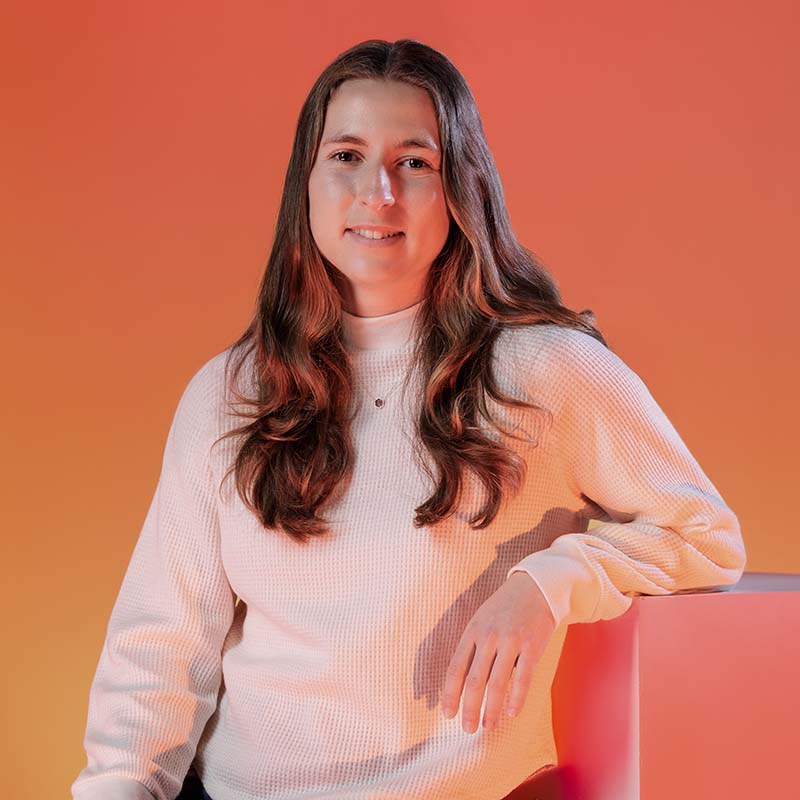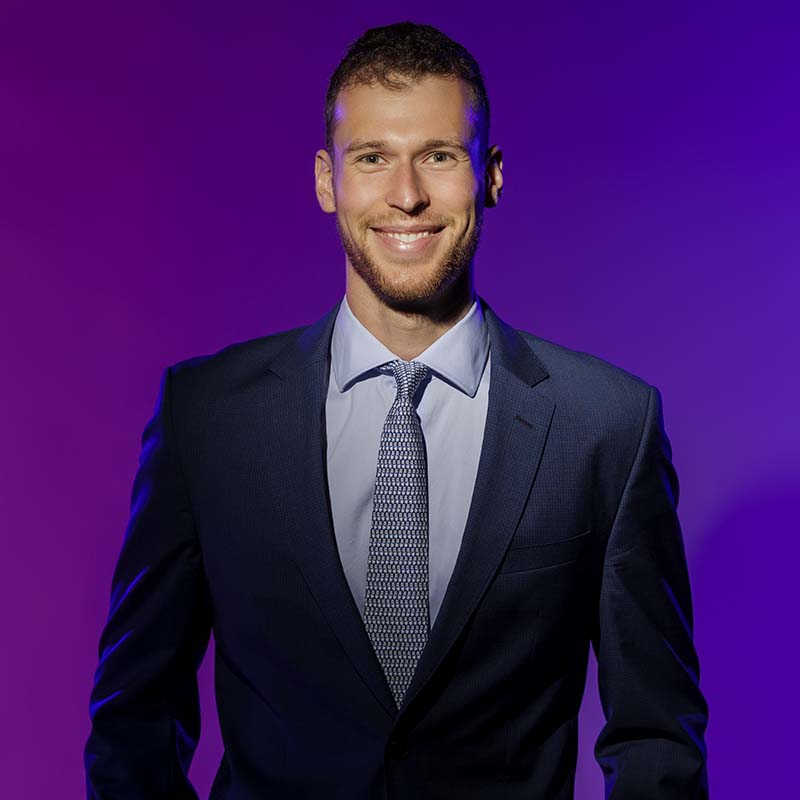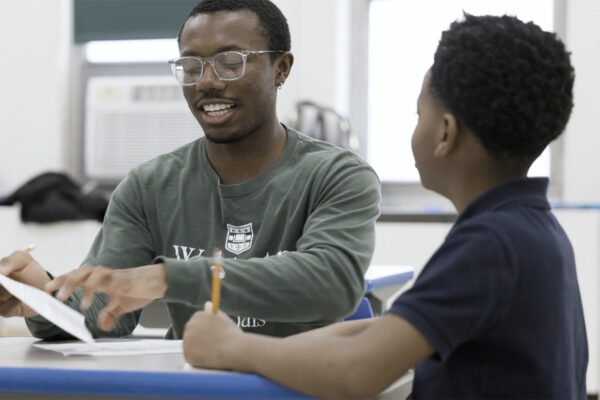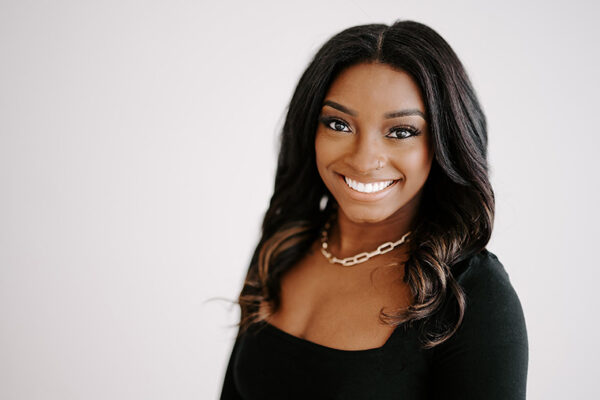Her diploma may read political science, but graduating senior Amelia Letson said she also has earned a degree in leadership at WashU.
“I arrived here with a top-down idea of leadership, but I’ve learned that leadership isn’t the same as taking charge,” said Letson, who served as a Gephardt Institute for Civic and Community Engagement Civic Scholar, St. Louis Fellow and WashU Votes co-chair. “Leadership can be as simple as listening or asking someone how you can support them. That’s been one of the best parts of my WashU experience — learning new approaches to being a leader.”
The Class of 2025 Class Acts graduating students said the leadership lessons they learned in their coursework, co-curricular activities and pre-professional experiences have prepared them to be better scientists, policymakers, artists and community members.
Chancellor Andrew D. Martin has identified leadership as a top priority of “Here & Next,” Washington University in St. Louis’ strategic plan, and has positioned WashU to be the nation’s premier university for developing leaders of character and conviction.
“At WashU, we’ve never believed that leadership is something you’re born with,” Martin shared in a letter to the community. “Rather, we believe it’s something that can be developed. And it’s our mission that each person who studies or works here, regardless of their degree program or professional role, grows in their leadership capabilities.”
To that end, WashU has greatly expanded leadership education and opportunities for students. The newly established George and Carol Bauer Leaders Academy is providing students with individualized and group programs including Bear Beginnings orientation workshops, one-on-one coaching, off-campus experiential learning and cohort experiences.
At one recent cohort event for international students and Taylor Scholars, Andrew Knight, executive director of the Bauer Leaders Academy and senior advisor to the chancellor for leadership, asked students to split into teams and imagine that they were stranded in the desert. Teams then ranked the usefulness of various items, such as water, a map, a parachute, a mirror, salt tablets, a gun, a compass, sunglasses and a top coat. The lesson was really about leadership, not survival.
“Often, when we come into a group, we think we know the best solution, and we’re just trying to convince people that our idea is right,” Knight told the group. “What a leader can do very effectively is shift people to think about the problem itself, to agree on a common purpose and a common set of goals and objectives and source information from people in the group, so that you get all of the information out on the table.”
A growing number of faculty also are incorporating leadership education into their coursework. In the seminar “1984: One Weird Year,” Peter Kastor, the Samuel K. Eddy Endowed Professor of history in Arts & Sciences, discusses leadership and collaboration as well as Ronald Reagan and “Purple Rain.” The class is part of Arts & Sciences’ Literacies for Life and Career, an initiative to help students learn life and career skills alongside their academic disciplines.
Kastor’s years observing undergraduates and studying the Founding Fathers has taught him a simple truth: Leadership is hard.
“Our university is named for George Washington,” Kastor said. “Well, even Washington struggled with being a leader. Our undergraduates are no different. And so we dived deep into what leadership looks like. Washington wondered how to step forward to be a leader without being a tyrant, and my students wondered how do you step forward to be a leader without being a jerk. How do you work with someone you don’t like? How do you assert your voice in a debate? These concepts aren’t always taught in a college classroom, but they are essential in the workplace and our society.”
